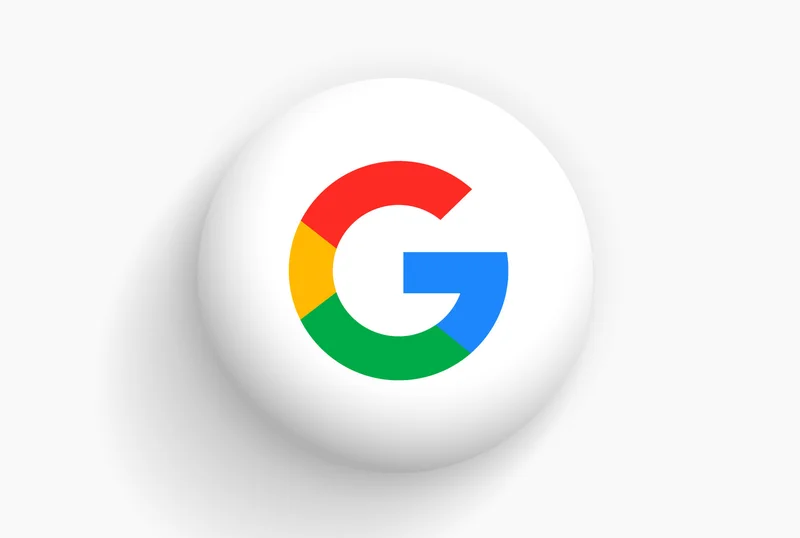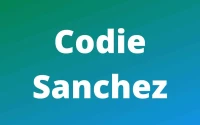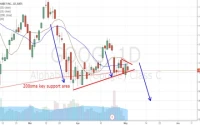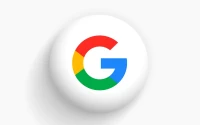Alphabet's recent Q3 earnings painted a picture of steady growth, with revenue jumping nearly 16% to $103.346 billion. The market responded positively, with GOOGL stock currently sitting at $289.55 post-earnings release on October 29th. But the real story isn't just the numbers themselves; it's who's paying attention. Berkshire Hathaway's newly disclosed $4.3 billion stake in Alphabet is the headline grabber. Is this a genuine endorsement of Google's long-term prospects, or simply Warren Buffett spotting an undervalued asset? Berkshire Hathaway’s $4.3 Billion Investment Signals Confidence in Alphabet (GOOGL) Stock - Azat TV
Decoding Alphabet's Q3: Growth and Spending
Let's break down the components of Alphabet's growth. Services revenue, which includes the juggernauts of Search and YouTube, is up 14% to $87.1 billion. The cloud division is showing even more impressive gains, with a 34% increase in sales. This cloud growth is significant, especially considering the intense competition from Amazon and Microsoft. But here's the kicker: Alphabet's capital expenditure (capex) has exploded, rising from $13 billion a year ago to a whopping $23.95 billion in Q3 – an 84% increase.
This massive capex increase raises some key questions. Where is all this money going? Is it primarily infrastructure for the cloud division, or are they investing heavily in AI and other future-facing technologies? The company isn’t exactly forthcoming with specifics. And while analysts are projecting a 13.3% revenue increase from $400 billion in 2025 to nearly $453 billion in 2026, that growth needs to justify the current spending spree.
Alphabet's free cash flow (FCF) margins, excluding the anomaly of Q2, have historically hovered between 20% and 25.75%. The trailing twelve months (TTM) average FCF margin was 19%, but if you cherry-pick the last four quarters (excluding Q2), the average jumps to 22.66%. This discrepancy is interesting. Are they managing FCF effectively, or is this a temporary blip fueled by specific events? (And, more importantly, can they sustain it?)

Berkshire's Bet: Value Play or Tech Endorsement?
Berkshire Hathaway's entry into Alphabet is undoubtedly a significant event. It ranks among their top tech holdings, alongside Apple and Amazon. Industry analysts are already suggesting that this investment could boost confidence in tech stocks. But let's be real: Berkshire isn't known for chasing hype. They're value investors.
The $275.00 GOOGL put option expiring December 12, 2025, currently has a midpoint premium of $4.85 per contract. Selling this put option provides an immediate yield of 1.764% over the next month. The breakeven point for this strategy is $270.15. This is classic Buffett: generate income while betting that GOOGL won't fall below a certain price. It's less about a soaring stock price and more about downside protection and steady returns. I've looked at hundreds of these options chains, and this particular setup screams "low-risk, high-probability" – exactly what Berkshire loves. (And what gets me out of bed in the morning.)
The market cap of Alphabet is $3.489 trillion, according to Yahoo! Finance, and its TTM FCF was $73.552 billion. Berkshire's $4.3 billion stake, while substantial, is a relatively small piece of the pie. It's a vote of confidence, sure, but it's not exactly an all-in bet.
Of course, Alphabet isn't without its challenges. The company faces ongoing antitrust investigations in both the U.S. and Europe. These investigations could lead to significant fines or forced changes in their business practices. But Berkshire likely factors these risks into its calculations. They're not naive.
Smart Money Playing It Safe
Berkshire's investment in Alphabet isn't a revolutionary endorsement of the tech sector's future. It's a calculated move by a value investor who sees an opportunity to generate income from a dominant company with a solid balance sheet. It's not about chasing the next big thing; it's about smart money playing it safe. The question isn't whether Google will continue to innovate, but whether it can continue to generate cash, and on that front, Berkshire seems to believe the answer is yes.










